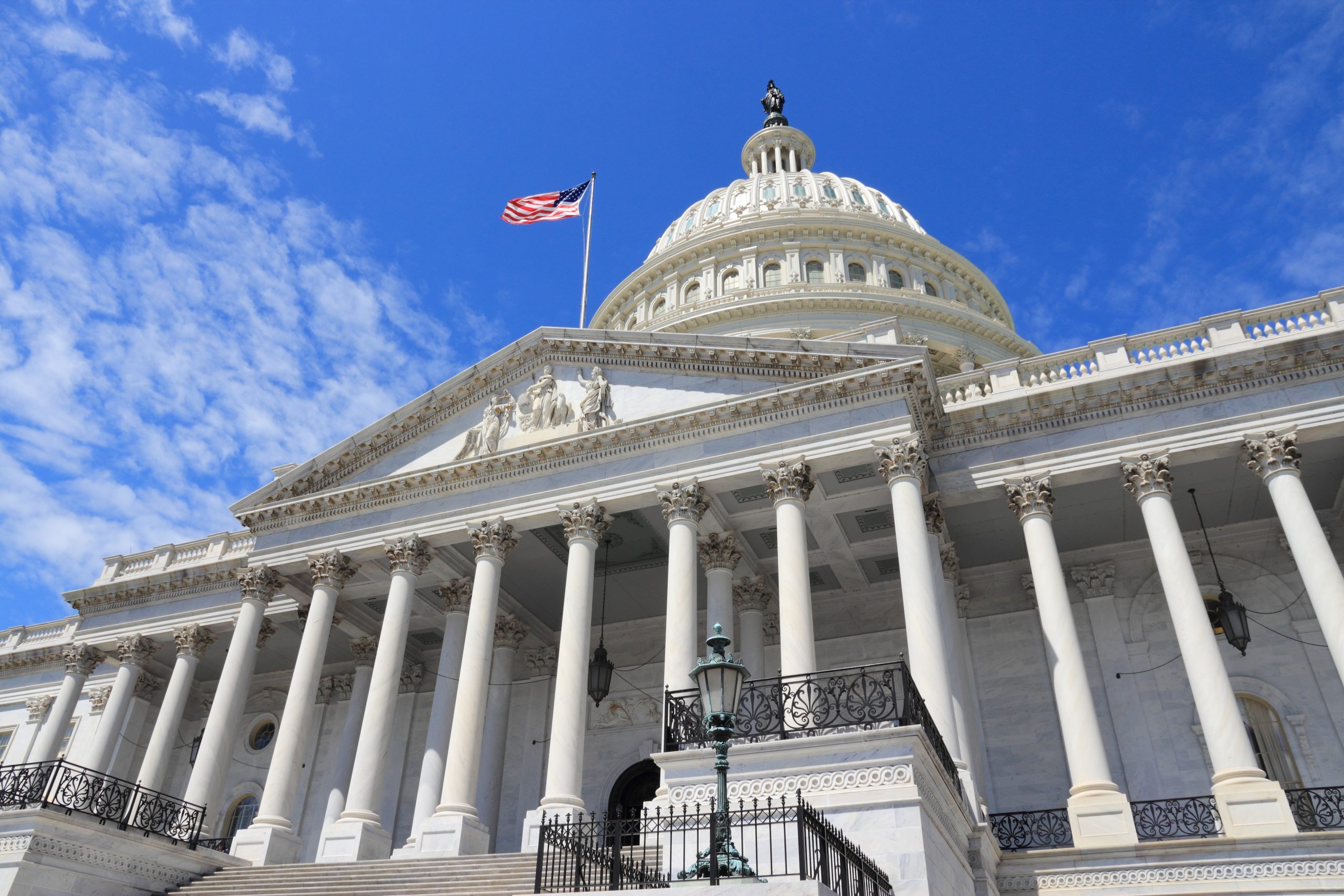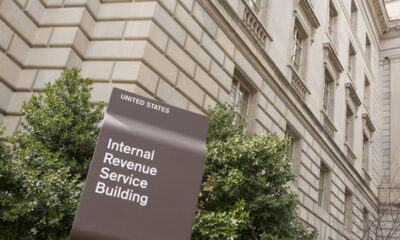Corporate Crony Credit Card Bill Threatens Consumer Interests

In a move that contradicts the very spirit of its title, the “Credit Card Competition Act,” reintroduced this week by Sen. Dick Durbin (D-IL), casts a long shadow over the free-market principles it purports to champion. On the surface, the legislation promises to break up the Visa-Mastercard duopoly and ostensibly lower consumer costs. However, beneath its surface lies a potential cyber-security nightmare that could leave Americans more vulnerable than ever to fraud.
At a time when credit card delinquency is at its decade peak due to inflation, the bill’s timing and provisions are questionable. Despite bipartisan support, the act’s promise of competition and consumer cost-cutting is overshadowed by its alignment with big-box retailers’ interests and the undermining of established security measures.
The bill mandates financial institutions to adopt new payment networks, favoring cheaper, often foreign, alternatives to the established Visa and Mastercard networks. This shift could funnel savings to retail giants like Walmart and Target but at a high cost to consumer security. As these networks have yet to match the rigorous anti-fraud measures of their more established counterparts, the act effectively prioritizes retailer profits over customer protection.
Historically, such legislative forays have favored corporate coffers over consumer wallets. The original Durbin amendment, which capped debit card fees, is a stark reminder. It failed to pass on savings to consumers, instead boosting retailer profits. The current bill seems poised to repeat history, potentially increasing profitability for big corporations while compromising consumer data security.
The bill also seeks to dismantle the interchange fee system, a critical revenue stream for banks and credit unions. These fees, generally about two percentage points of a transaction, fund the sophisticated anti-fraud technologies and fraud loss coverage that protect consumers. Cutting these fees could compel financial institutions to scale back on these vital security investments or pass the costs onto consumers through other channels.
Moreover, by forcing banks to add another payment network, the legislation disrupts the current equilibrium that balances fraud risk management with operational costs. Banks and credit unions, already covering fraud costs for consumers, might see their ability to protect and invest in new technologies severely hampered.
The risks are not merely hypothetical. The Target data breach of 2013, where 40 million customers’ financial details were compromised, is a cautionary tale. Such breaches could become more frequent if networks with lesser security measures become the norm.
Proponents of the bill tout it as a boon for competition and consumer savings. Yet, evidence suggests otherwise. A Federal Reserve Bank of Richmond study indicated that the savings from the Durbin amendment were not transferred to consumers, with some merchants even increasing prices.
Consumers, already struggling with persistent inflation during the Biden administration, should not bear the additional burden of weakened cyber-security. As fraud rates have escalated alarmingly in recent years, any new legislation must strengthen rather than erode the barriers against such threats.






















